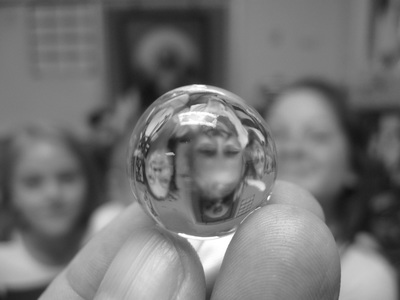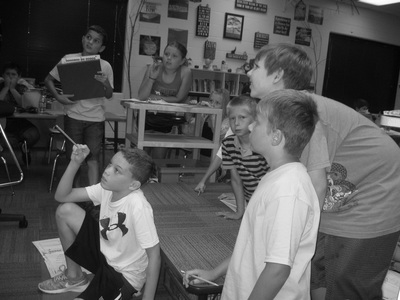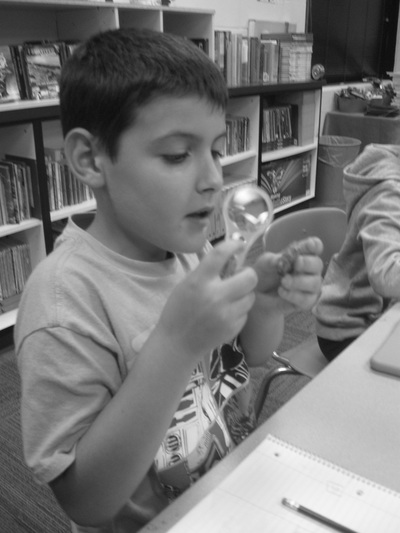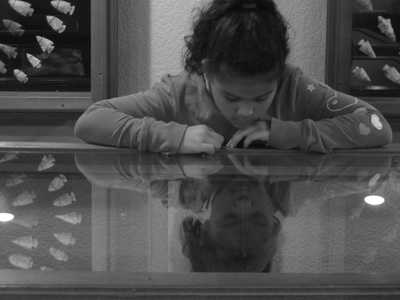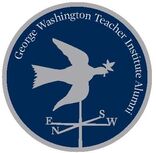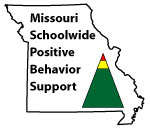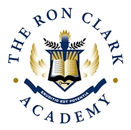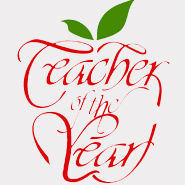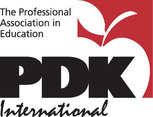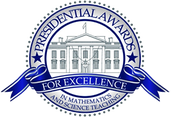
Tony Wagner and Ted Dintersmith, authors of the book Most Likely to Succeed: Preparing Our Kids for the Innovation Era, point out something in which our class might be interested.
...[T]here is the question of what won't be tested. Even at its best, the new Common Core tests will not assess any of the so-called soft skills that matter most and, in fact, are the hardest to teach and learn.
Math Skills Needed to Succeed
Deeply understanding the problem
Structuring the problem and representing it symbolically
Creative problem-solving
Pattern recognition to understand which math "tools" are relevant
Adept use of available computational resources
Critical evaluation of first-pass results
Estimation, statistics, and decision-making
Taking chances, risking failure, and iterating to refuse and perfect synthesizing results
Presenting/communicating complex quantitative information
Collaboration
Asking questions about complex quantitative information
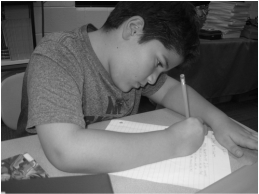
Moving to Communication skills, I think the authors simply ride current trends to teach writing and speaking. They don't say enough about speaking skills, but I believe this may be because they do not consider that speaking might include many of those soft skills that we try to emphasize in our class.
They also fail to consider that speaking may be more important than writing in the 21st Century (and beyond). Imagine James T. Kirk ever writing more than a signature on an electronic clipboard, or Jean Luc Picard ever writing anything at all. Instead, all writing on the Starship Enterprise (in all of its inceptions and alternative timelines) was - or will be - done by the computer, unseen by human eyes, whether officers on the bridge or by audiences in the theater.
Language Arts Skills Needed to Succeed
Use sound vocabulary
Read a wide variety of written materials (novels, poems, plays, essays, news) critically
Communicate clearly across multiple media forms, with a range of styles
Form and justify independent bold perspectives
Ask thoughtful questions
Engage in constructive debate
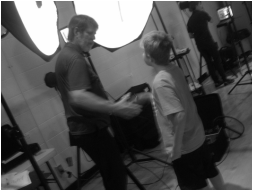
Indeed, verbal skills are needed in every single area of the curricula. Often, even gifted and talented pupils struggle with the ability to explain processes and ideas. Communication breakdowns, or should we say misspeaking, are the causes of most of the problems we witness in news reports. Misunderstanding verbal communication (and text messages) can lead to anger and, too often, violence and hatred.
It's not only a fault of the politicians, but for illustrative purposes, we'll use them as our example.Politicians fail to communicate their understanding of the Constitution. They fail to effectively explain the relationship of history to the decision-making process. In the search for the perfect sound byte, they miss the mark in effectively communication regional needs, and in doing so they do a serious disservice to their constituents.
Look at the suggested focus on the suggested skills list from Wagner and Dintersmith,, and one may start to see a pattern:
History Skills Needed to Succeed
Critically analyze historical events and sources
Form independent views on dynamics and implications
Write clear and thought-provoking theses
Ask questions and engage in constructive debate
Relate historical developments to current issues shaping the world we live in
The imperative for today's history class goes far beyond recalling facts. Today we're bombarded with news from a wide range of sources. Some of the information is credible; much isn't. Our kids will be required to analyze chaotic reports and opinions, and synthesize and form their own views. In dealing with immense societal challenges, they'll need to draw on history to inform their opinion and fulfill citizenship responsibilities.
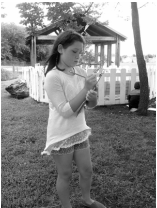
Education suddenly becomes real and relevant. No longer should our classes be black words on white paper; instead, the learning fills the classroom. It's on the walls. It hovers in the air. It comes to us over loudspeakers, computer screens, and in storytelling. Students don't just memorize; now they live what they learn. Naturally, the same is true for Science:
Science Skills Needed to Succeed
Understand how the world works
Be able to form and test scientific hypotheses
Be able to ask insightful questions and design experiments
Build things based on scientific principles
Apply principles across disciplines
Develop scientific creativity
Foreign Language Skills Needed to Succeed
True proficiency in speaking
Understanding cultures and the ability to navigate them
Ability to collaborate across cultures
Technology-leveraged polylinguality
Parents, teachers, and every other stakeholder are sick and tired of learning things for a test and then forgetting it only to find that we have to relearn the same material for yet another exam next year. We're tired of teaching to the test. We're tired of reviewing material from the previous year(s). How much the better if we refine our instruction to consistently ask students what they notice and what they wonder. How much the better when we teach students to dissect situations and use real tools to reconstruct new, better situations, tweaking those solutions along the way. How much the better when we teaching students to be happy, but never satisfied, with what they are, but instead always searching for ways to improve the world and recognizing successful improvements when they happen.
